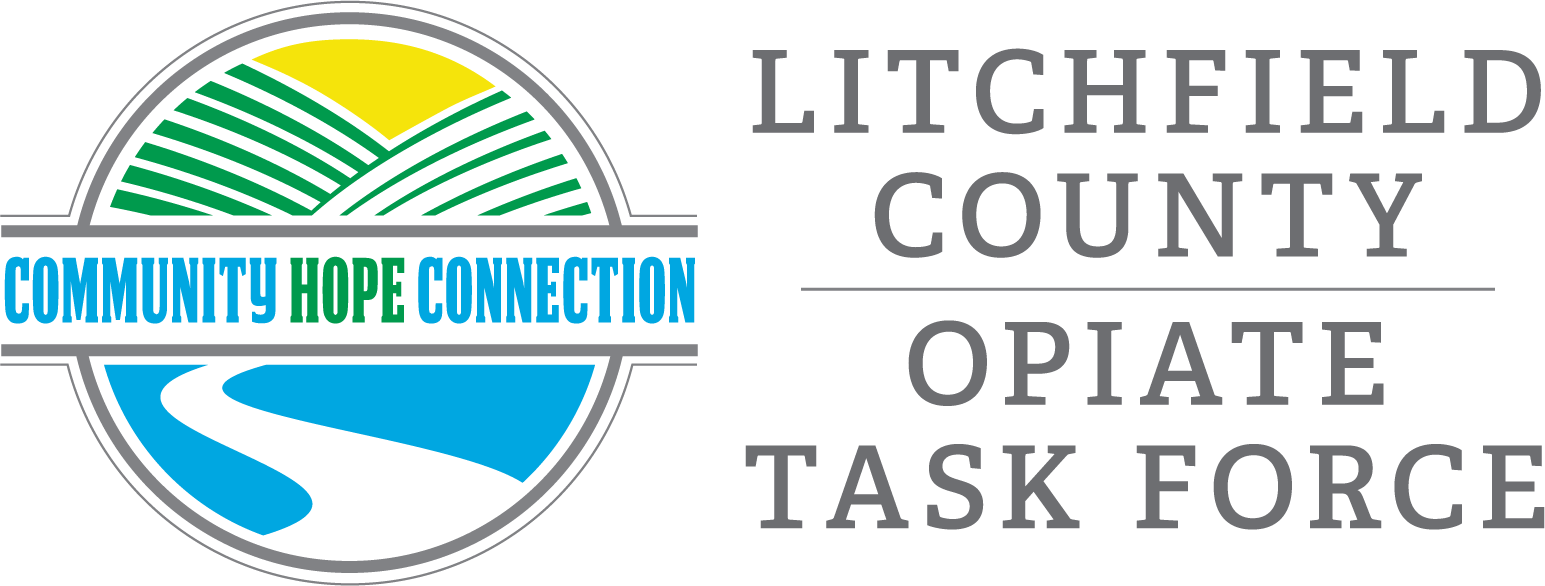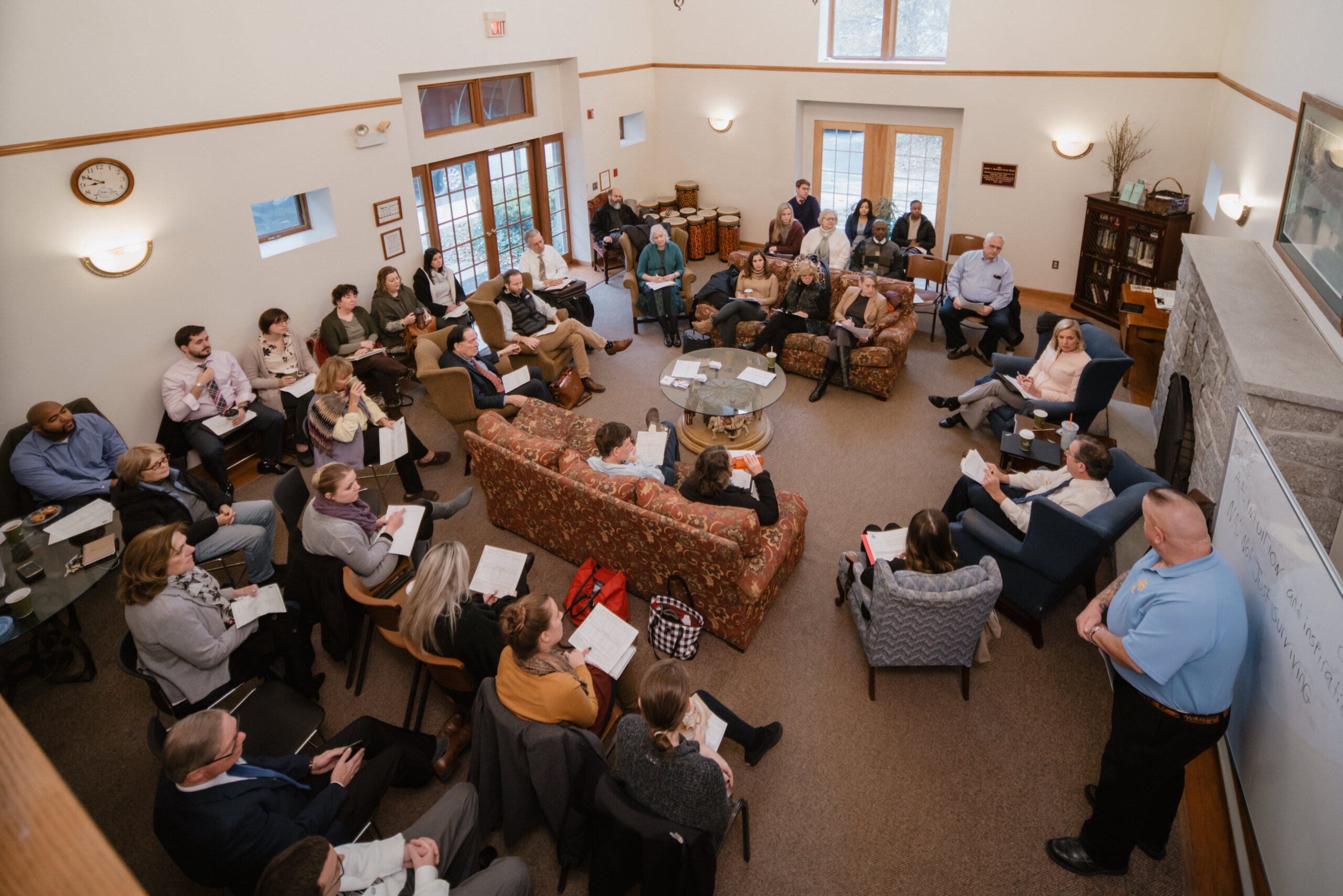The Litchfield County Opiate Task Force (LCOTF) was formed in December of 2013 following an alarming increase of overdose deaths in the local community. The LCOTF is led by co-chairs of the McCall Behavioral Health Network and Charlotte Hungerford Hospital and since it’s founding nearly a decade ago has grown to include more than 60 active members representing all sectors in the community, including: behavioral health providers, medical providers, people with lived experience and their families, government officials, law enforcement, first responders, faith-based community, social services, youth-serving organizations, volunteers, and more.
The Task Force organizes its work around four essential goals: improving access to care, enhancing collaboration and data sharing between and amongst service providers, addressing addiction in the community, and sharing information and resources about addiction, prevention, harm reduction, and treatment.

